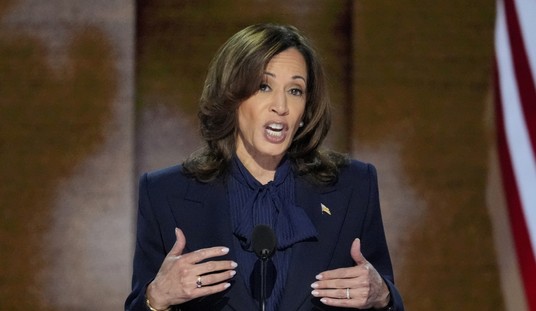Governor John Kasich has insisted Ohio can adopt the Patient Protection and Affordable Care Act (PPACA) Medicaid expansion temporarily and back out in the future by including a “circuit breaker” provision that would revoke new Medicaid eligibility if Washington changes the rules. Ohio’s newspapers, which enthusiastically support Medicaid expansion, have reported Kasich’s claims without skepticism.
With the federal government more than $16.7 trillion in debt but promising to cover 100 percent of Medicaid expansion costs from 2014-2016, Ohio’s supposed ability to roll back the expansion in 2017 or later features prominently in Kasich administration arguments for the expansion.
Conservative health policy experts who addressed the Health and Human Services Subcommittee of the Ohio House Finance and Appropriations Committee on March 13 strongly disputed Kasich’s claims, explaining that U.S. Department of Health & Human Services (HHS) regulations and political challenges would make a temporary Medicaid expansion all but impossible.
“While the Supreme Court stated that the federal government cannot condition the first dollar of existing Medicaid coverage upon a state’s decision of whether to opt into the expansion, it did not say that those requirements of federal law would not apply after a state has opted into the expansion,” Buckeye Institute President Robert Alt wrote in his prepared testimony.
“As such, if Ohio were to seek to exit from the expansion at some point in the future should the funding terms become less favorable, it is entirely likely that a court would find that the Secretary of Health and Human Services has the legal authority to condition first-dollar federal Medicaid spending on Ohio’s continuation in the expanded program,” Alt continued. “In other words: the federal government may shift a greater portion of the financial burden to states, but if Ohio has agreed to the expansion, it is likely that it will be locked into the program with no meaningful way to exit without risking ALL federal Medicaid funds.”
Alt jokingly referred to the PPACA Medicaid expansion as “the healthcare equivalent of Hotel California: you can opt in, but then you can’t opt out.”
“Federal regulators, however, have assured states they can opt out without penalty,” The Columbus Dispatch reported after quoting a brief excerpt of Alt’s testimony. Whether federal regulators’ assurances are convincing depends on the extent to which readers share the Dispatch’s faith in big government.
“We wouldn’t be surprised if HHS is promising flexibility now only to revoke it later as a deliberate bait and switch,” The Wall Street Journal editors wrote on March 15. “That wouldn’t be any more deceptive than Mr. Kasich’s legal claims. Republicans tempted to sign up for ObamaCare’s Medicaid expansion had better think twice because once they do, the likelihood is they’re ceding control forever.”
Michael Cannon of the Cato Institute questioned the political ability of legislators to roll back Medicaid expansion even if HHS would hypothetically allow it. Cannon challenged House members to think of any instance when hundreds of thousands of voters in Ohio – or anywhere – have been cut from an entitlement program.
This rings especially true given the progressive, populist tone of Governor Kasich’s other arguments for the PPACA Medicaid expansion.
If, as Kasich warns, the Ohio General Assembly must expand Medicaid now to save hospitals whose charity care offsets are being revoked by PPACA, how could the legislature roll back Medicaid expansion several years from now?
Governor Kasich insists that Ohio needs to expand Medicaid immediately to prevent billions of “Ohio’s tax dollars” from being spent in other states; this is false, but how would this rationale change in the future?
Additionally, Kasich has asserted that Ohio’s only options with regard to the poor and mentally ill are to expand Medicaid or “leave ’em out in the street,” so how could he support revocation of the expansion?
No reputable conservative policy analyst believes HHS will keep its Medicaid expansion promises, but Kasich did not consult with conservative policy analysts when crafting his transparently political decision. If reelected next year, Kasich’s second term would end in January 2019, leaving the cost of a vastly expanded Medicaid program for future leaders to deal with.
This story originally appeared at Media Trackers Ohio.















Join the conversation as a VIP Member